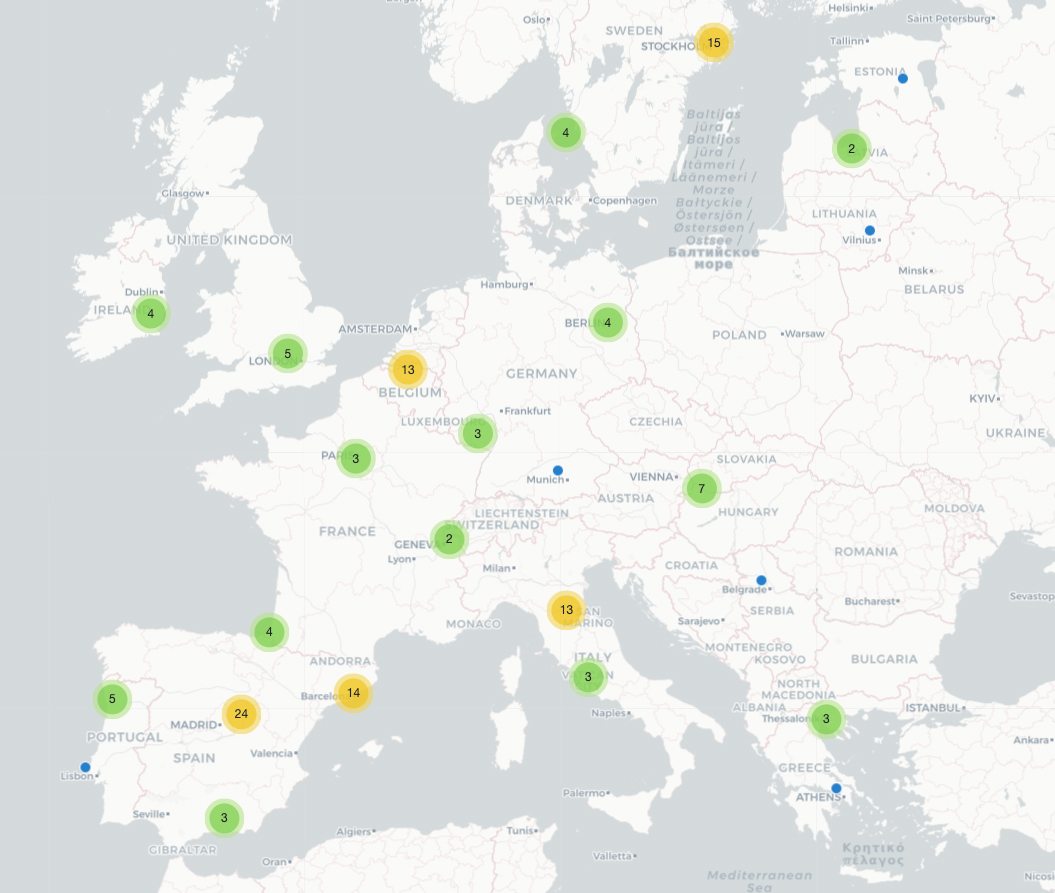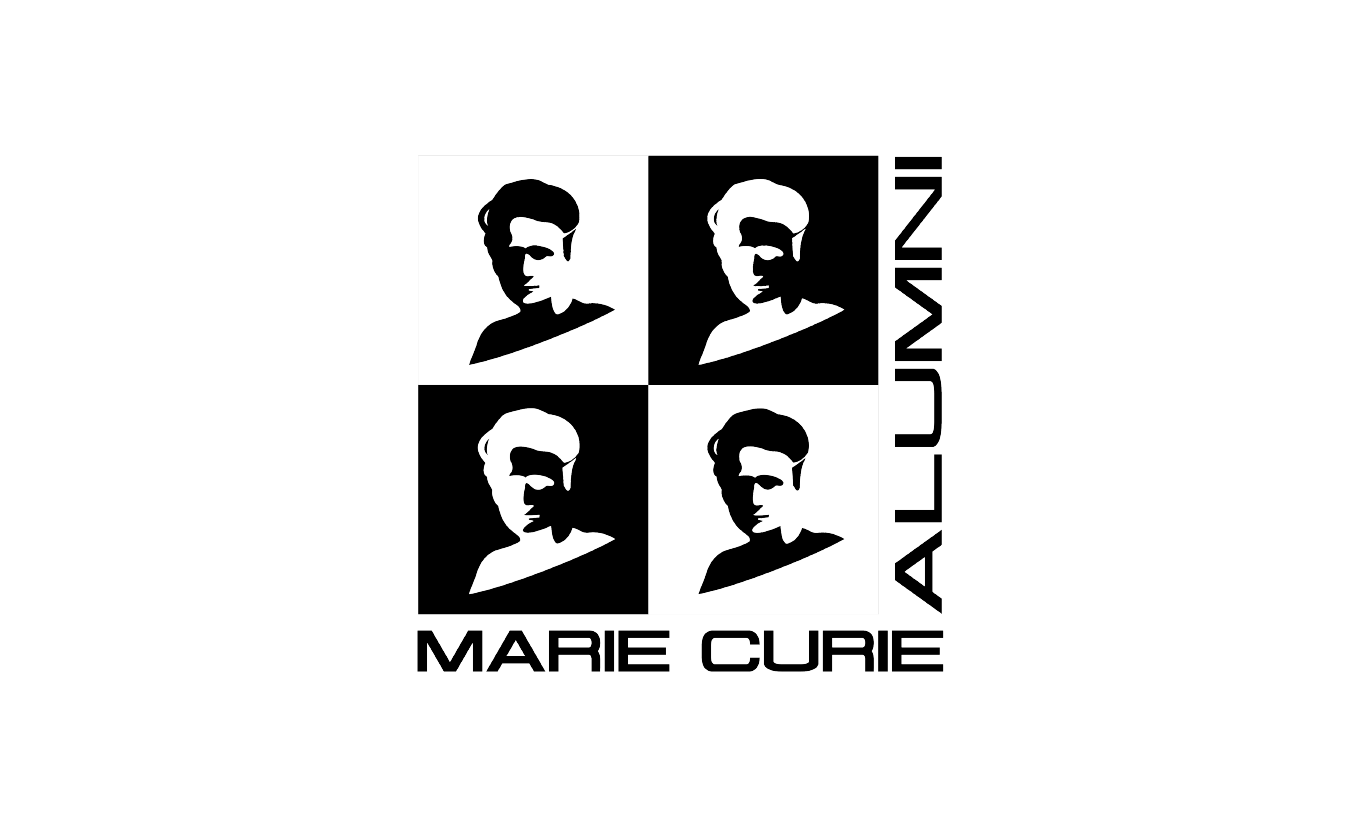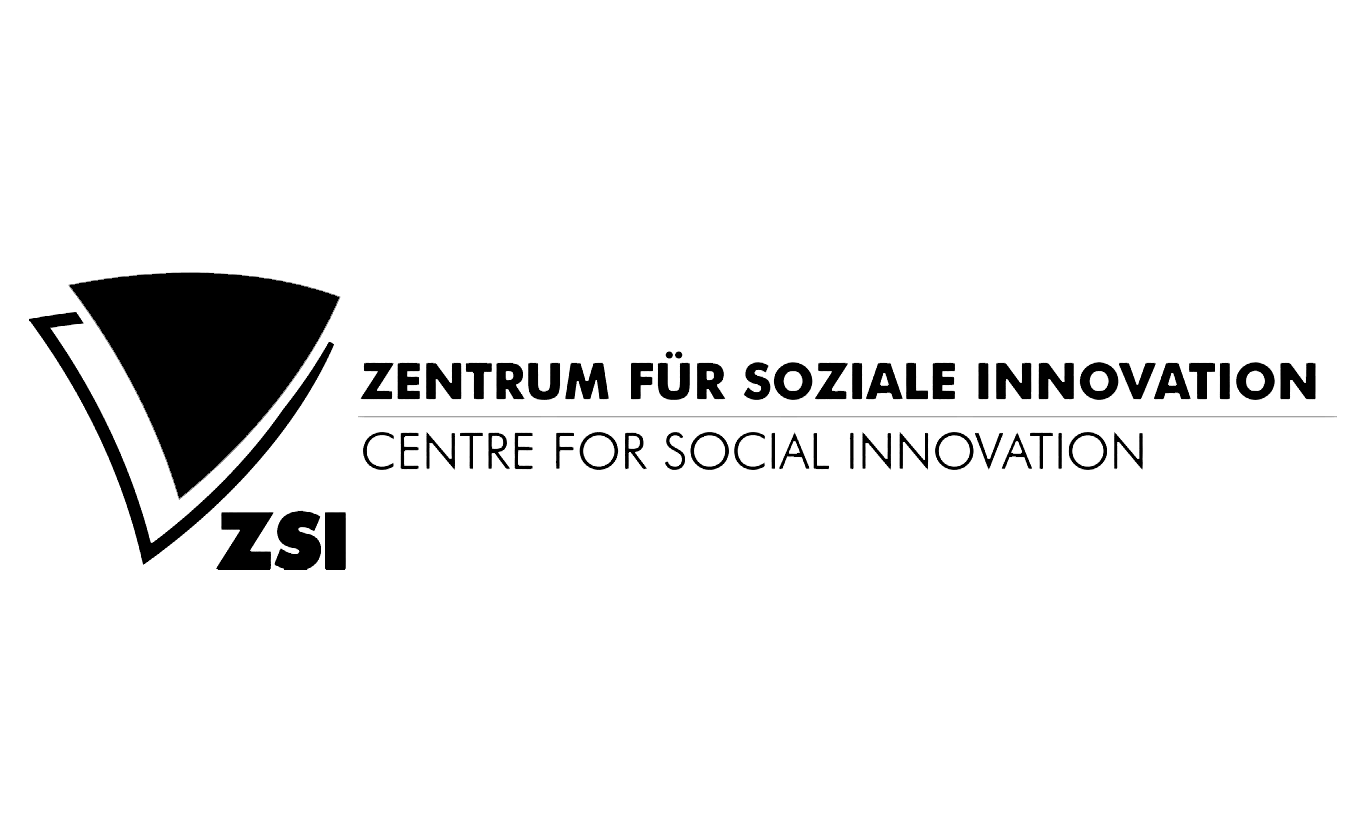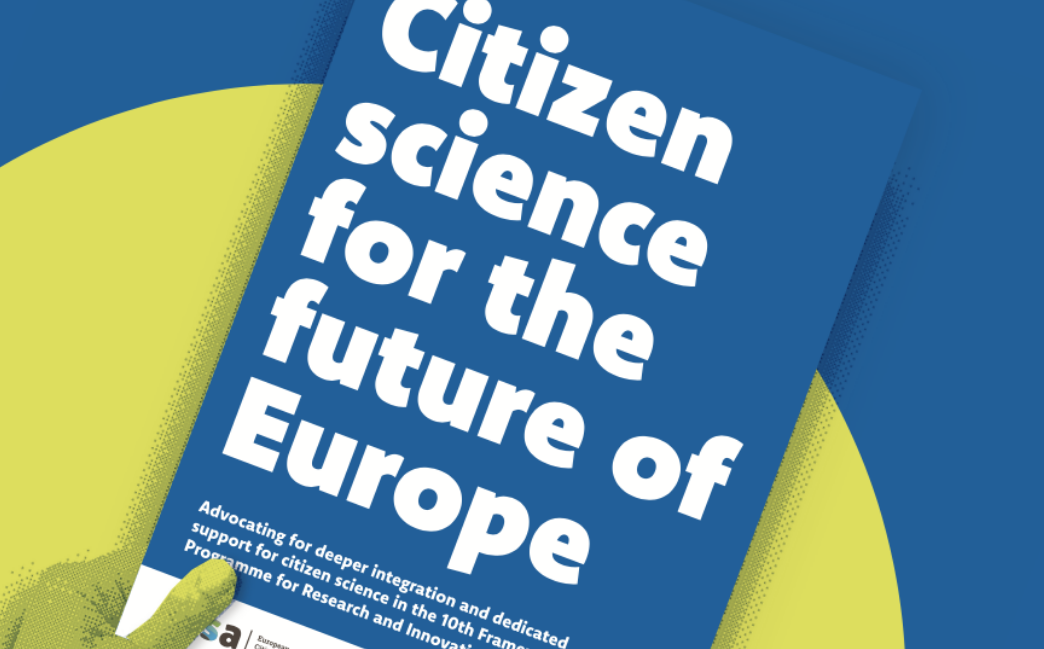European Citizen Science (ECS)
Budget:
4M
SFC:
Partner
Consortium:
21 partners in 15 countries
Duration:
2022-2026
Program:
HE (Horizon Europe)
The main objective of ECS is to make Europe the world leader in citizen science. This will be achieved by creating the European Citizen Science Academy, establishing a network of 28 ambassadors, creating collaborative spaces, strengthening the inclusive and diverse perspective of the community, all through capacity building, debate and awareness raising activities.
ECS aims to move today’s modern science towards open science as a modus operandi. The project will have scientific, social and political impacts that will contribute to positioning Europe as a leader in citizen science in the R&D&I system.

Solutions
The European Citizen Science project will build on the foundations and achievements of citizen science over the last decade and strengthen the global citizen science community, positioning Europe as a leader in this sector.
This will be achieved through actions such as the creation of the European Citizen Science Academy, an international network of 28 ambassadors, the inclusion of people traditionally under-represented in science through European public libraries, and the creation of new services for the co-design of open data applications, among others.
ECS will create a broad capacity building network in countries and regions where citizen science is not yet applied. In addition, it will involve researchers from all disciplines, for example through the Marie Curie Alumni Association, and Horizon Europe missions.

Results
The project will build on previous experiences such as the EU-Citizen.Science platform or the Cos4Cloud project to develop collaborations between community members. Community members will be involved in the co-design of services, priorities, workshops and policy recommendations. This space will also serve to familiarise more practitioners with the concept of “FAIR data and tools” (fair, accessible, interoperable and reliable data and tools).
At SfC, we work to promote the integration of citizens in citizen science initiatives in Europe, through an inclusive, diverse and equitable approach. Our goal is to ensure an inclusive participation model at all levels, guaranteeing the inclusion of all social actors in European citizen science.
Related posts
Associates



Did this project catch your eye? Take a look at the following services.
Inclusion of the patient experience in health research
Citizen science, Consultancy, mentoring and training, Health,
GO→
Design and mentoring of citizen science and collaborative research projects
Citizen science, Consultancy, mentoring and training,
GO→
Facilitation of collaborative processes
Co-creation strategies, Consultancy, mentoring and training,
GO→
Training in graphic, visual, and oral resources to communicate scientific content
Consultancy, mentoring and training, Science communication,
GO→
Training in Citizen science and collaborative and responsible research
Citizen science, Consultancy, mentoring and training,
GO→
Workshop to foster critical thinking
Consultancy, mentoring and training, Science communication,
GO→
Citizen science to monitor odour pollution
Citizen science, Smells, Sustainability,
GO→
Co-design of technological services
Co-creation strategies, Consultancy, mentoring and training,
GO→
Training in Design Thinking for Research Projects
Co-creation strategies, Consultancy, mentoring and training,
GO→
Training in participatory dynamics with collaborative digital whiteboards
Co-creation strategies, Consultancy, mentoring and training,
GO→
